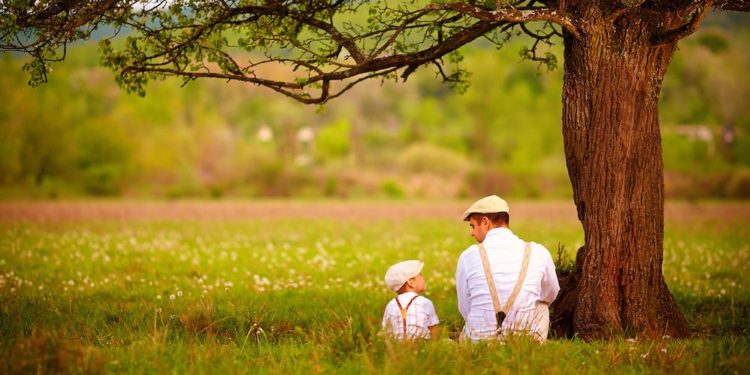Every person is born with a unique set of abilities and characteristics that influence how they navigate life. Whether it’s excelling in academics, thriving in social situations, or having a natural aptitude for physical activities, these differences are evident from an early age. But why are we all born with such varied capabilities? The answer lies in a combination of genetics, environment, and personal experiences.
Genetics play a pivotal role in shaping our abilities. From the moment we are born, our genetic makeup influences various aspects of our lives, including intelligence, physical abilities, and temperament. For instance, some individuals are born with a natural ability for math, while others may excel in the arts. “Your genes provide a blueprint for your potential,” says Dr. Sarah Maina, a geneticist. “They influence your natural predispositions, but they are not the sole determinant of success or skill.”
While genetics lay the foundation, environmental factors significantly shape and refine an individual’s capabilities. The quality of education, access to resources, and family support can create or limit opportunities for personal growth. A child who is exposed to a stimulating environment filled with books, conversations, and learning opportunities will have an advantage over someone who grows up in a less nurturing environment. As educator John Mwangi notes, “The environments we immerse children in can either help them build on their genetic potential or hinder their development.”
Early childhood experiences also have a profound impact on how individuals develop their abilities. From birth to around the age of five, a child’s brain is highly malleable. Proper nutrition, stimulating interactions, and emotional care during these formative years help shape cognitive, emotional, and social skills. On the other hand, children who grow up in impoverished or neglectful environments may face developmental delays that affect their capabilities later in life.
RELATEDPOSTS
Moreover, individual passion and motivation are key to how one’s capabilities unfold. Personal drive often pushes individuals to excel beyond their natural abilities. Someone who is naturally gifted in music, for example, may not reach their full potential unless they have the motivation to practice and refine their skills. As world-renowned psychologist Angela Duckworth said, “Talent counts, but effort counts twice.”
Ultimately, the diversity in human capabilities is a result of the intricate interplay between genetics, environment, experiences, and personal drive. While we are all born with certain predispositions, it is the combination of factors around us that shape our potential. As the famous psychologist Carl Jung said, “The privilege of a lifetime is to become who you truly are.” This emphasizes the idea that every individual, despite their unique set of talents and abilities, has the potential to grow and evolve into their best selves when given the right tools and opportunities.















